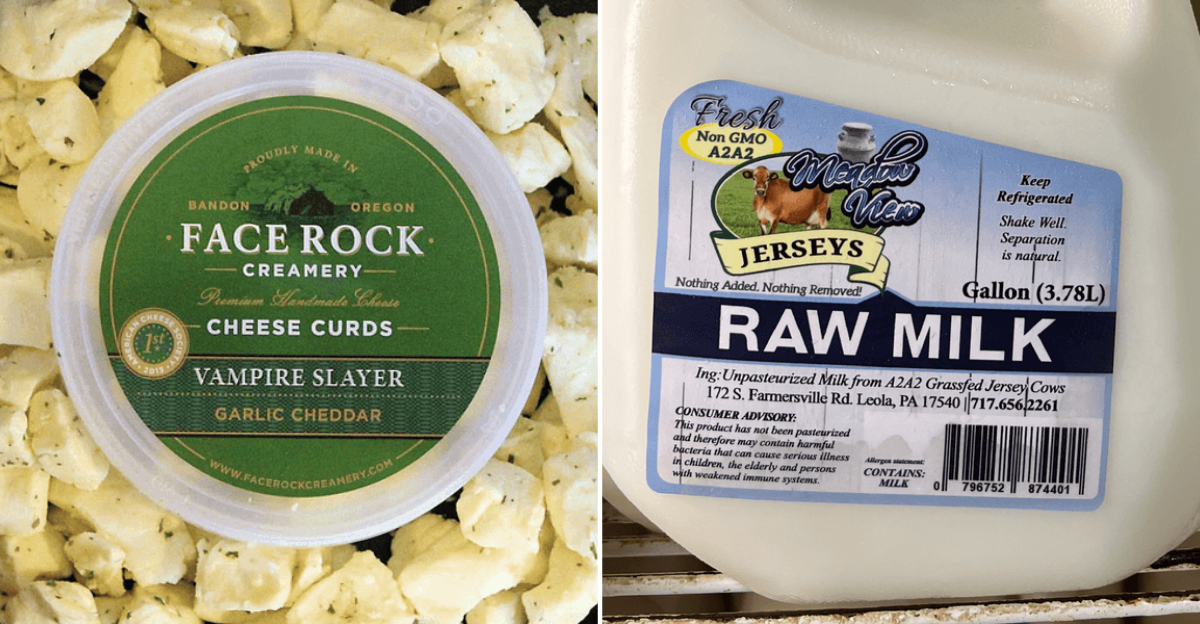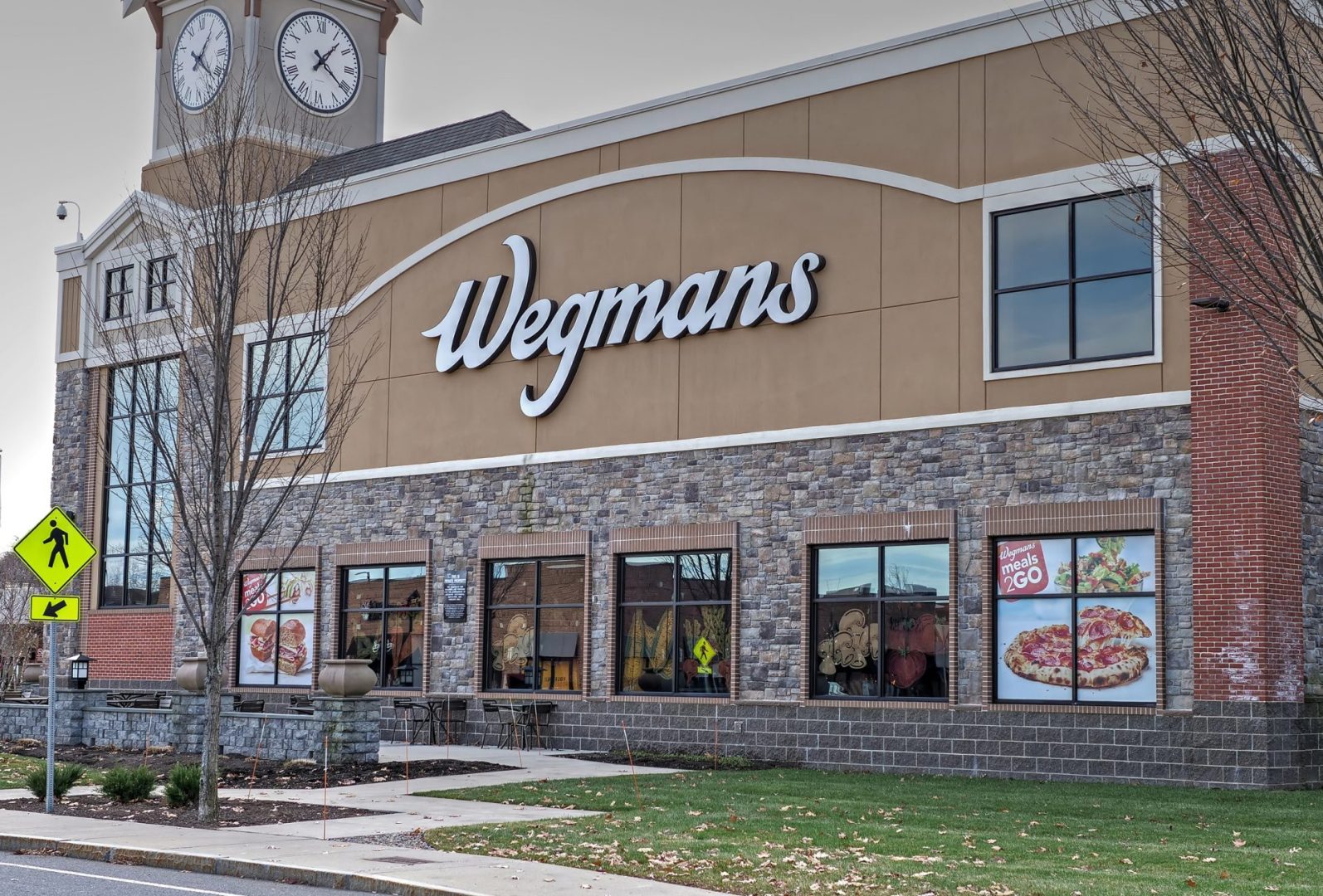Summary
Urgent food recalls shoppers need to know nowcontaminated products, hidden allergens, and safety risks you shouldn’t ignore. Check your kitchen today!
Source: Ever After in the Woods on MSN.com

AI News Q&A (Free Content)
Q1: What are some recent food recalls and the reasons behind them?
A1: Recent food recalls include products like pork bun and jerky products due to misbranding and undeclared allergens, turkey bacon due to Listeria contamination, and chocolate nonpareils due to undeclared milk allergens. These recalls highlight the ongoing issue of contamination and mislabeling in food products, posing significant safety risks to consumers.
Q2: How do synthetic food ingredients impact health according to recent studies?
A2: Recent studies suggest that synthetic food ingredients, particularly preservatives, are linked to adverse health effects. Research is increasingly focusing on finding natural alternatives to synthetic additives in food, such as using natural extracts that can replace harmful chemical preservatives.
Q3: What are some solutions to food allergies discussed in recent scholarly articles?
A3: Recent scholarly articles suggest developing digital health tools like 'Diet Helper' to assist those with food allergies by helping them identify safe products. This approach aims to ease the shopping experience for individuals with allergies by providing real-time information on potential allergens in food products.
Q4: What safety measures should consumers take in response to food recalls?
A4: Consumers should regularly check recall alerts from trusted sources like the USDA or FDA, avoid consuming recalled products, and follow any specific instructions provided for returns or refunds. Staying informed through reputable news outlets and government websites is crucial for consumer safety.
Q5: What are some natural alternatives being researched to replace synthetic food preservatives?
A5: Research is exploring the use of natural extracts, such as those from beetroot and arugula, as potential alternatives to synthetic preservatives in the meat industry. These natural options are being studied for their ability to maintain food safety without the adverse health impacts associated with synthetic additives.
Q6: What role do digital tools play in assisting people with food allergies during shopping?
A6: Digital tools like 'Diet Helper' are designed to help individuals with food allergies by providing detailed information about food products, including the presence of allergens. These tools aim to simplify shopping by offering real-time data and recommendations, thus reducing the risk of allergic reactions.
Q7: How can consumers verify the authenticity of food recall alerts?
A7: To verify food recall alerts, consumers should rely on official announcements from government agencies like the FDA or USDA. Additionally, reputable news websites and food safety organizations provide updated recall information. Consumers can also subscribe to email alerts from these organizations to receive timely notifications.
References:
- An End-to-end Food Portion Estimation Framework Based on Shape Reconstruction from Monocular Image
- Effects of Blueberry Consumption on Preference, Digestibility, and Oxidative Balance in Dogs.
- Biotransformation-induced chemical modifications and nitrite production in beetroot and arugula extracts: Toward natural alternatives to synthetic preservatives in the meat industry.





